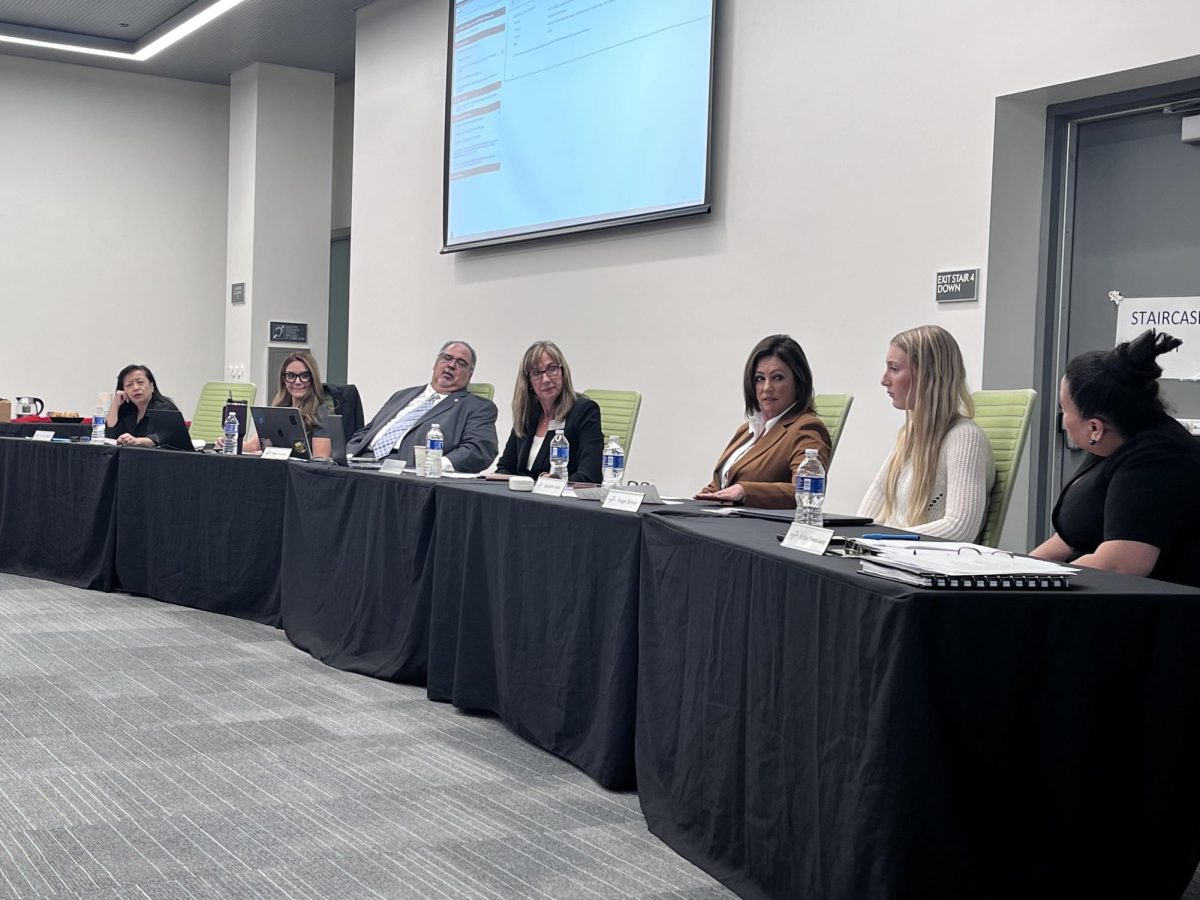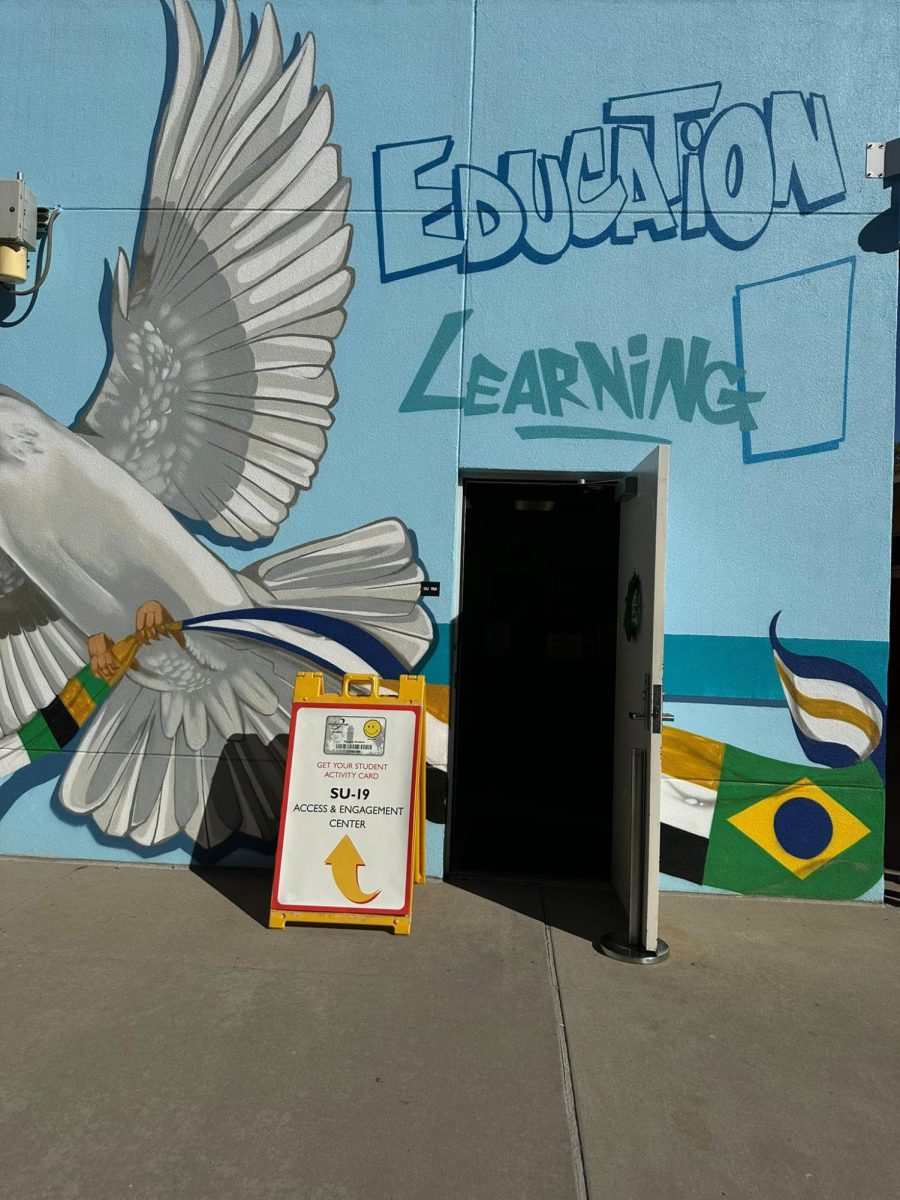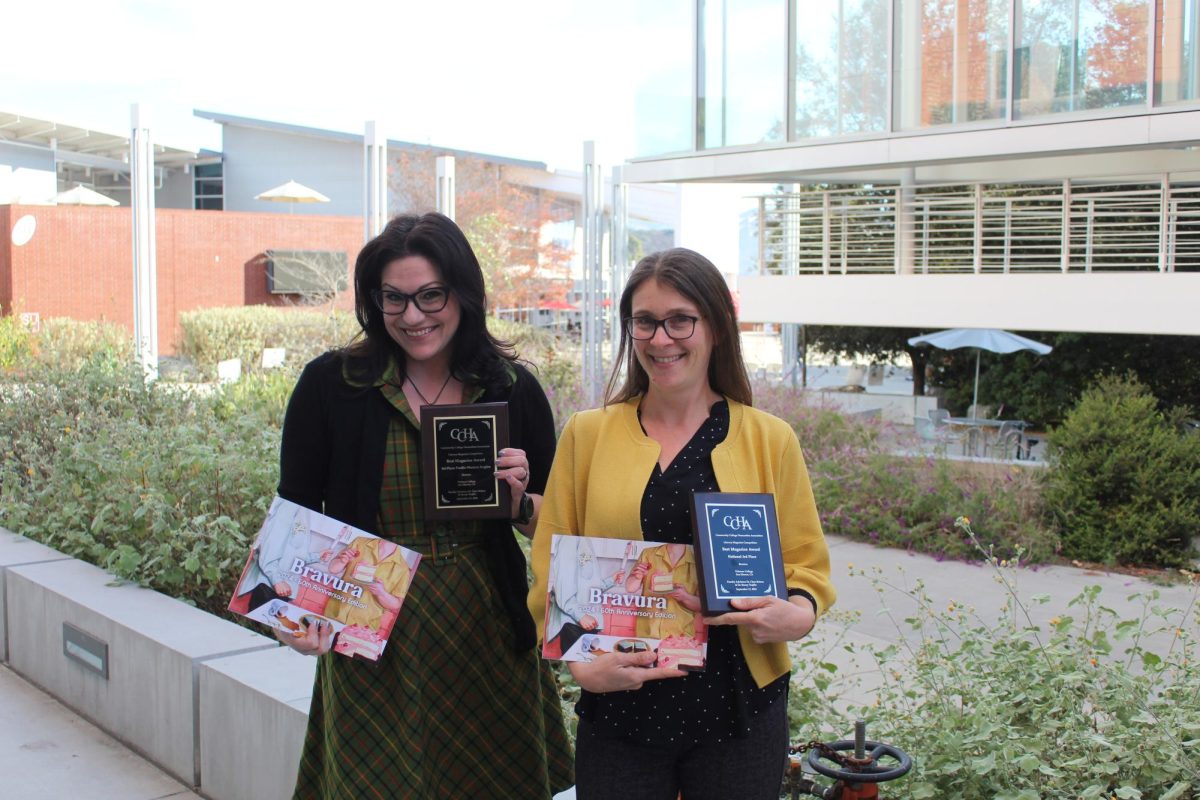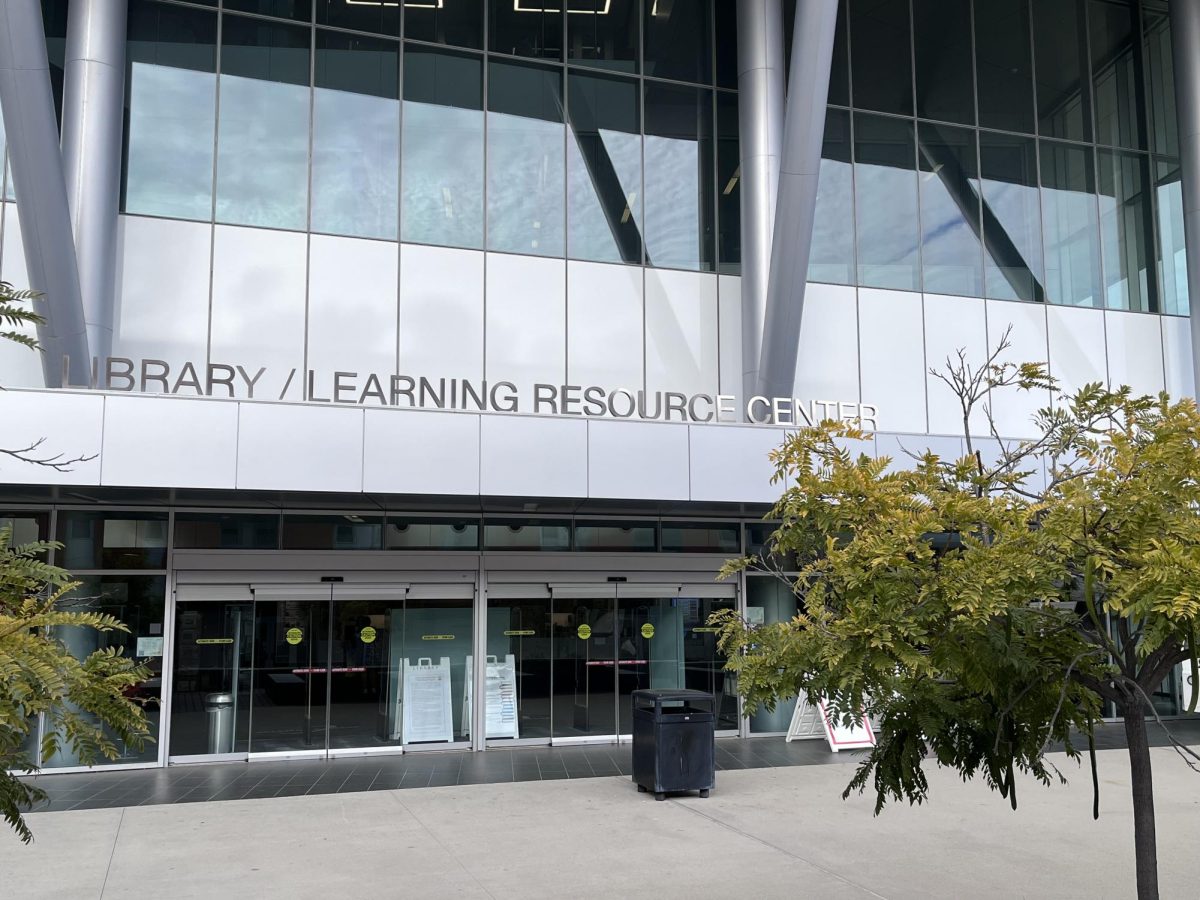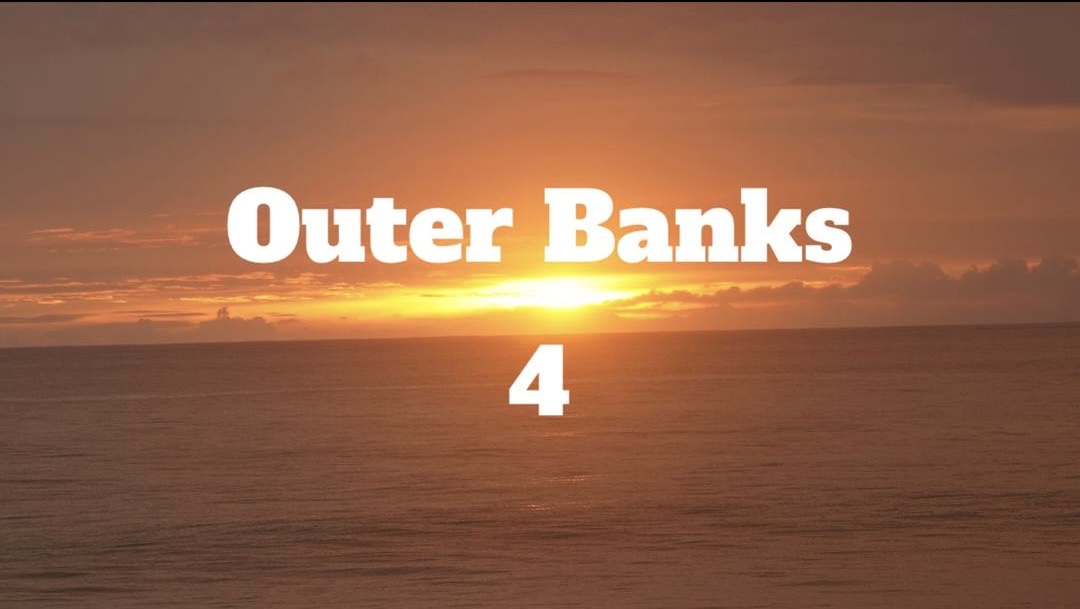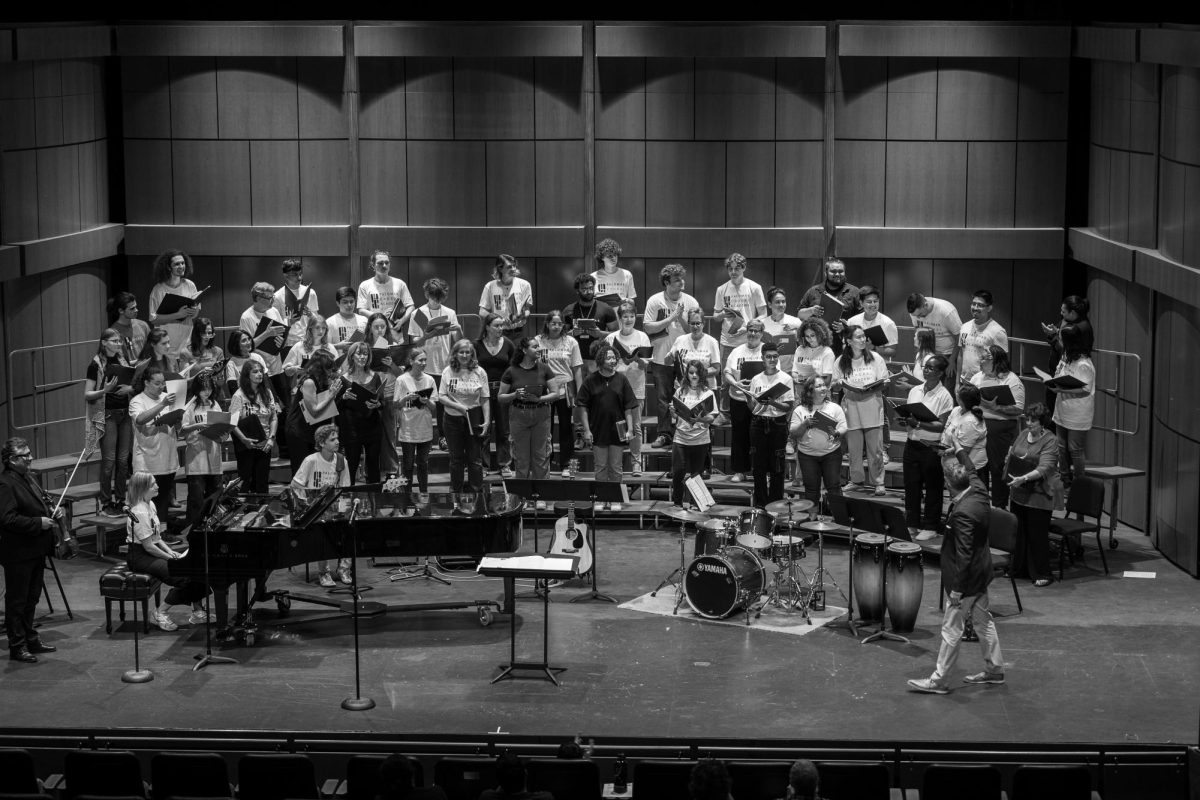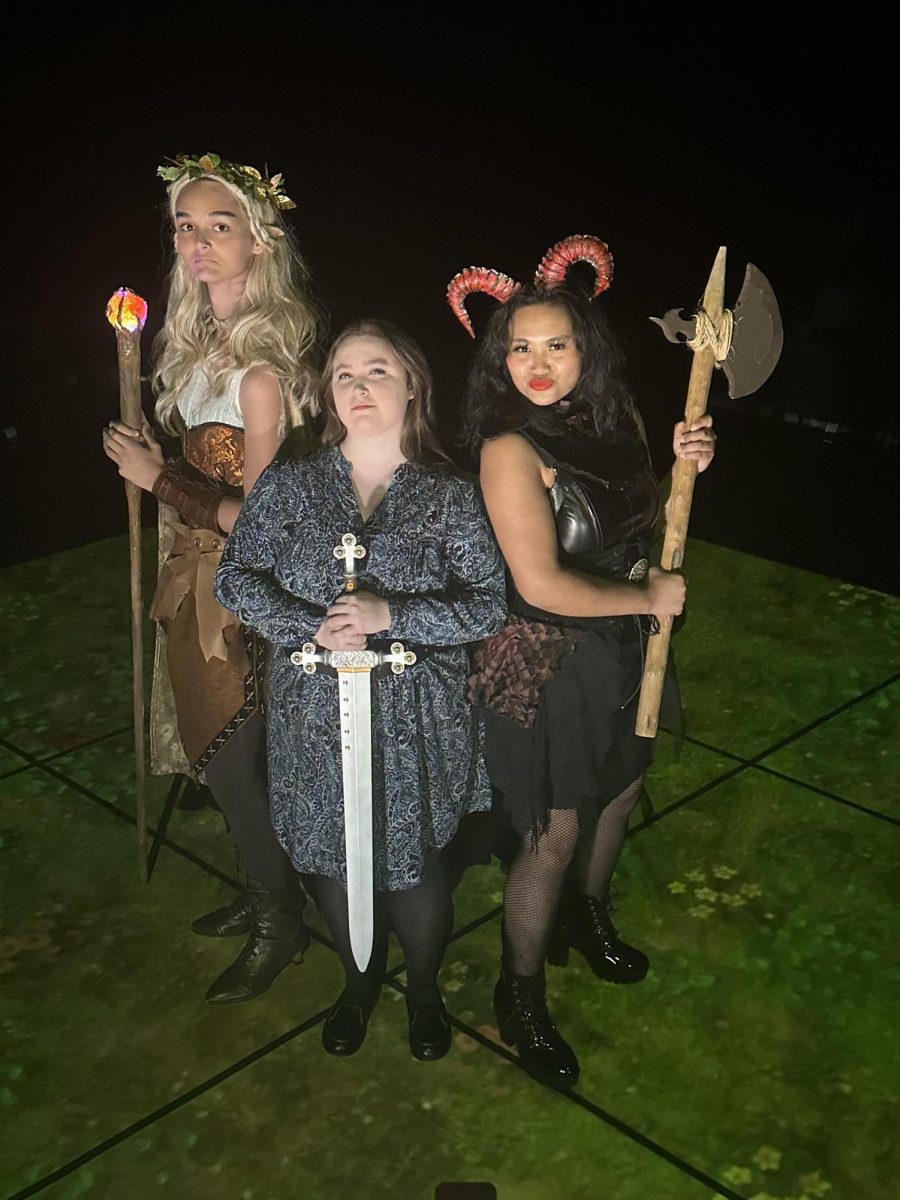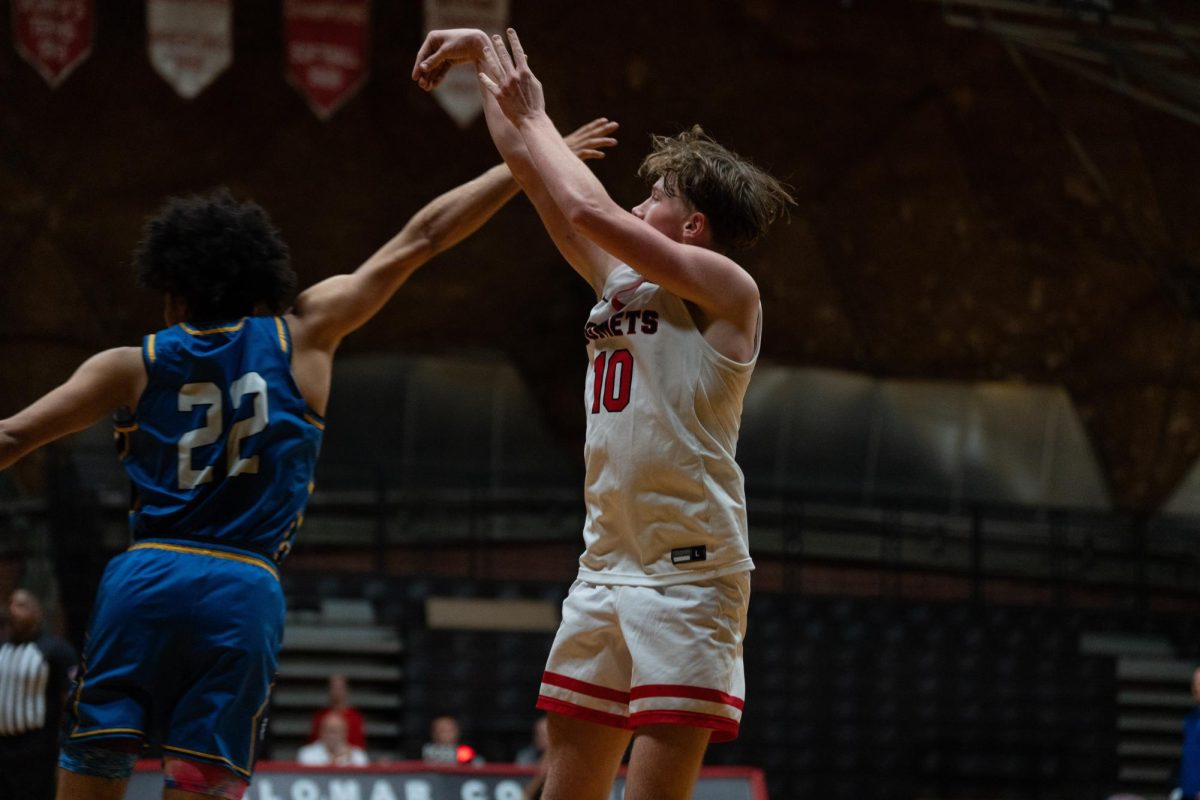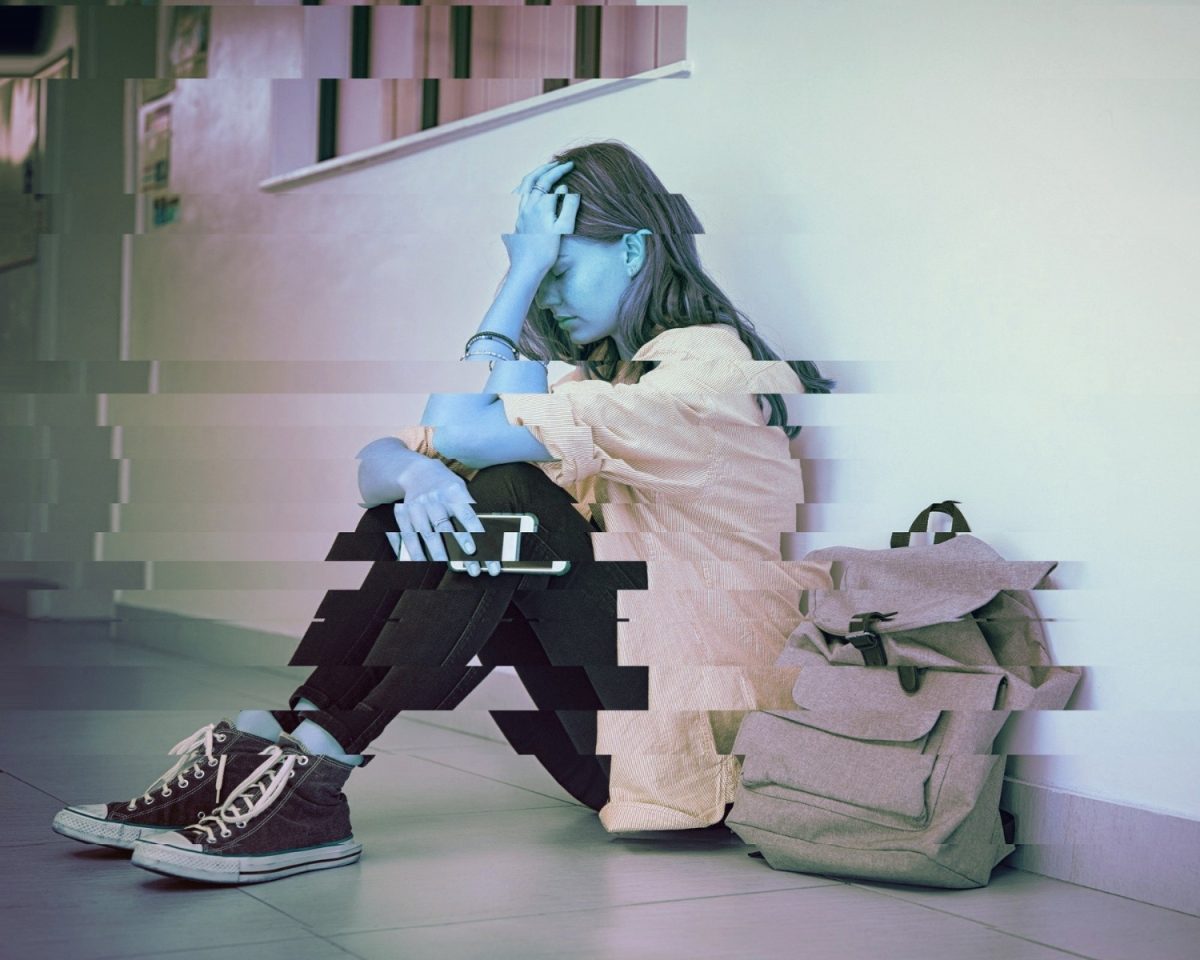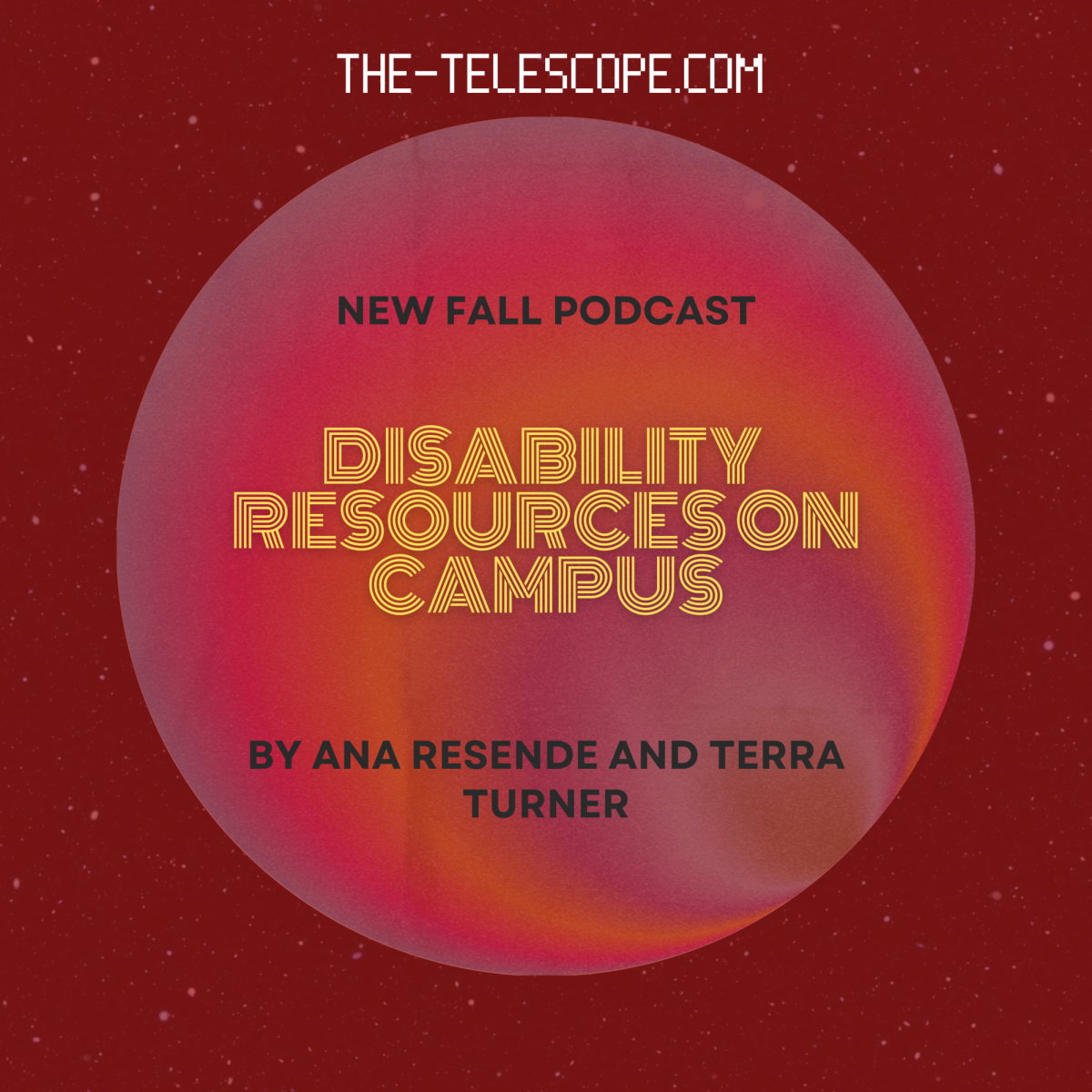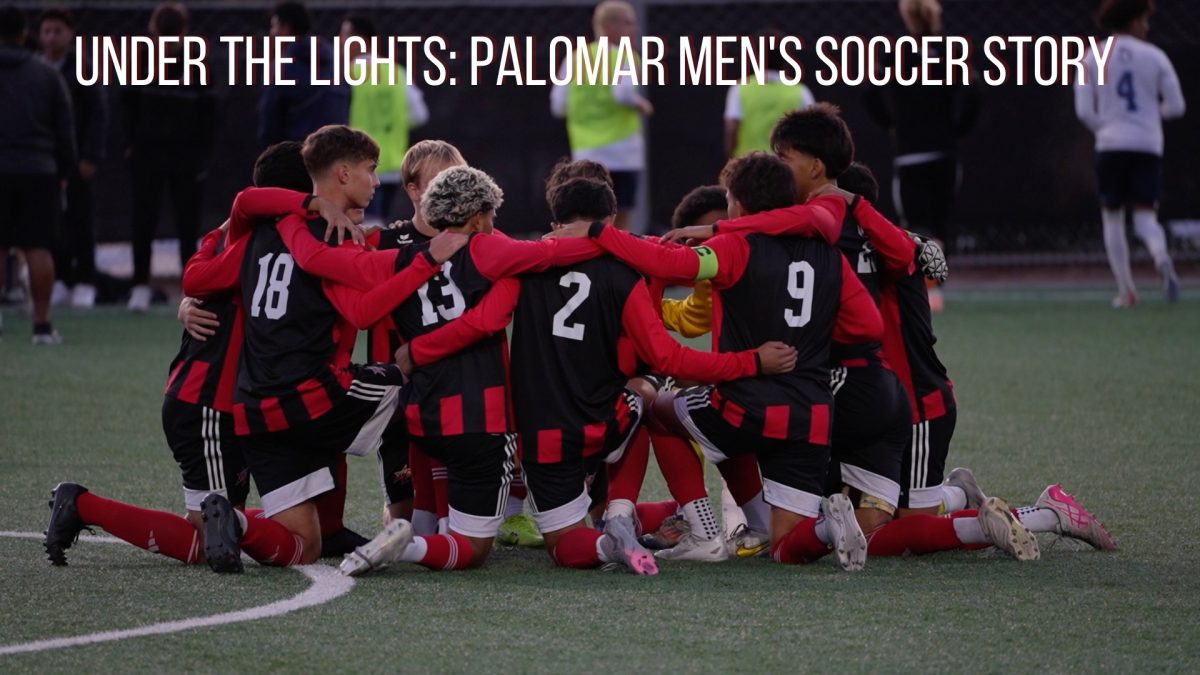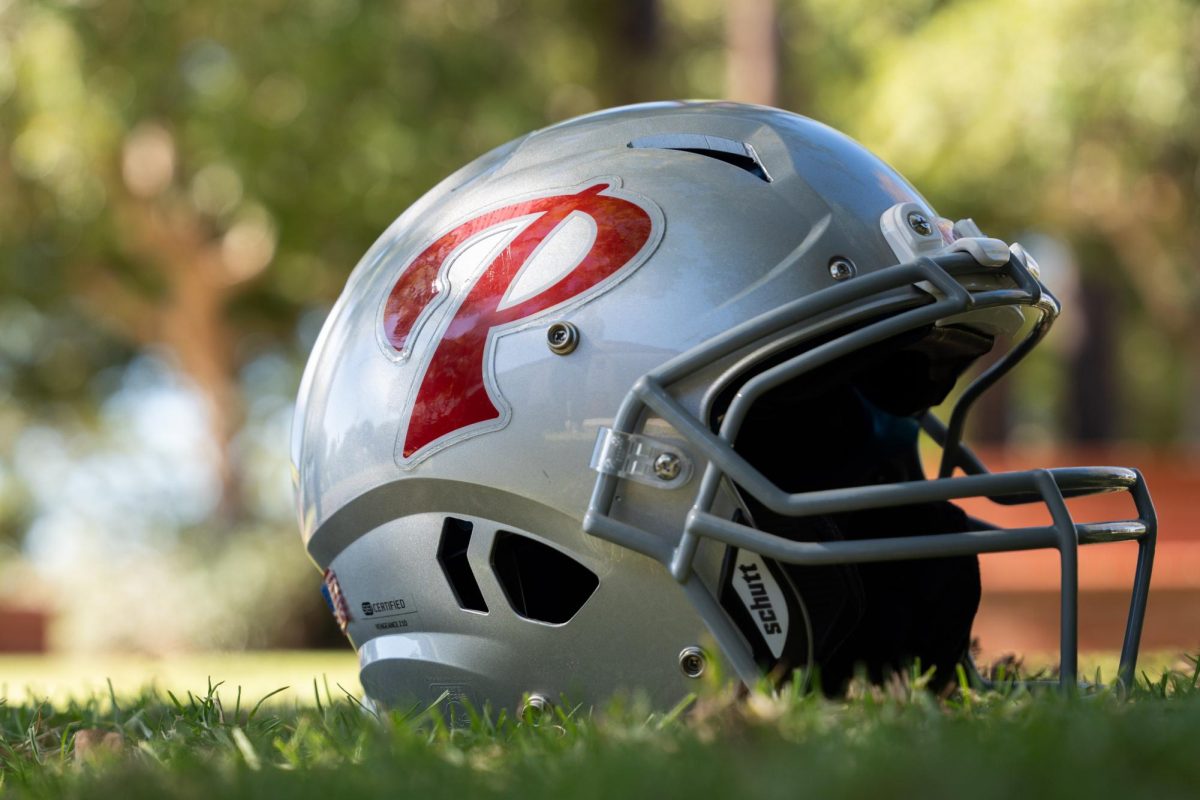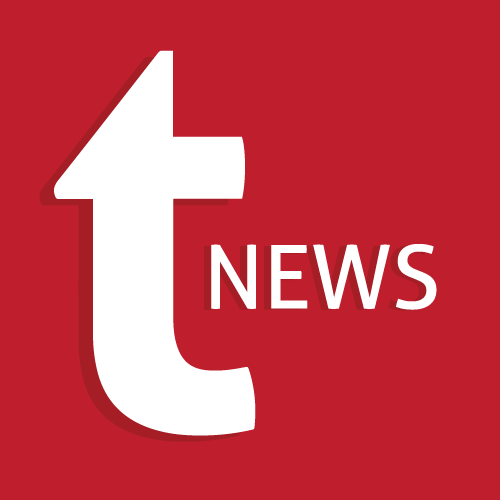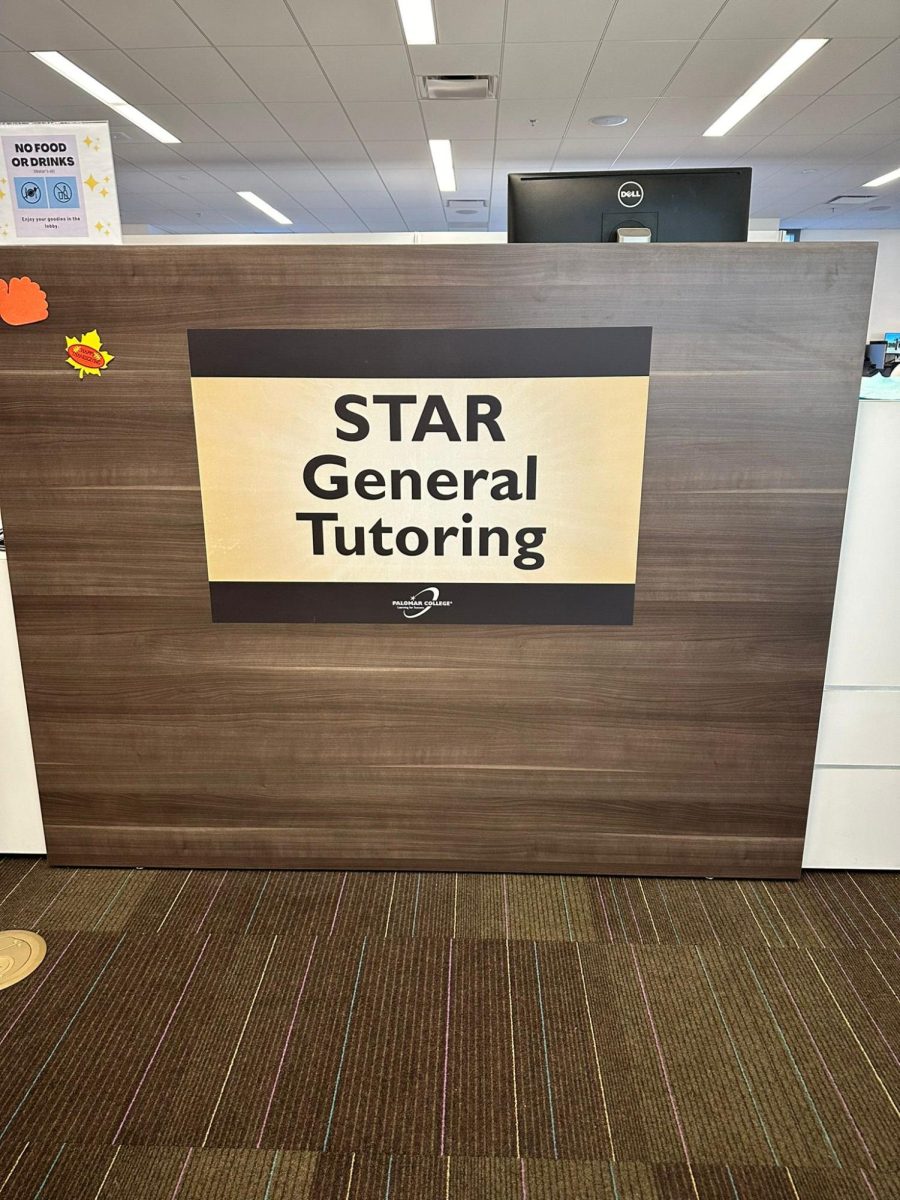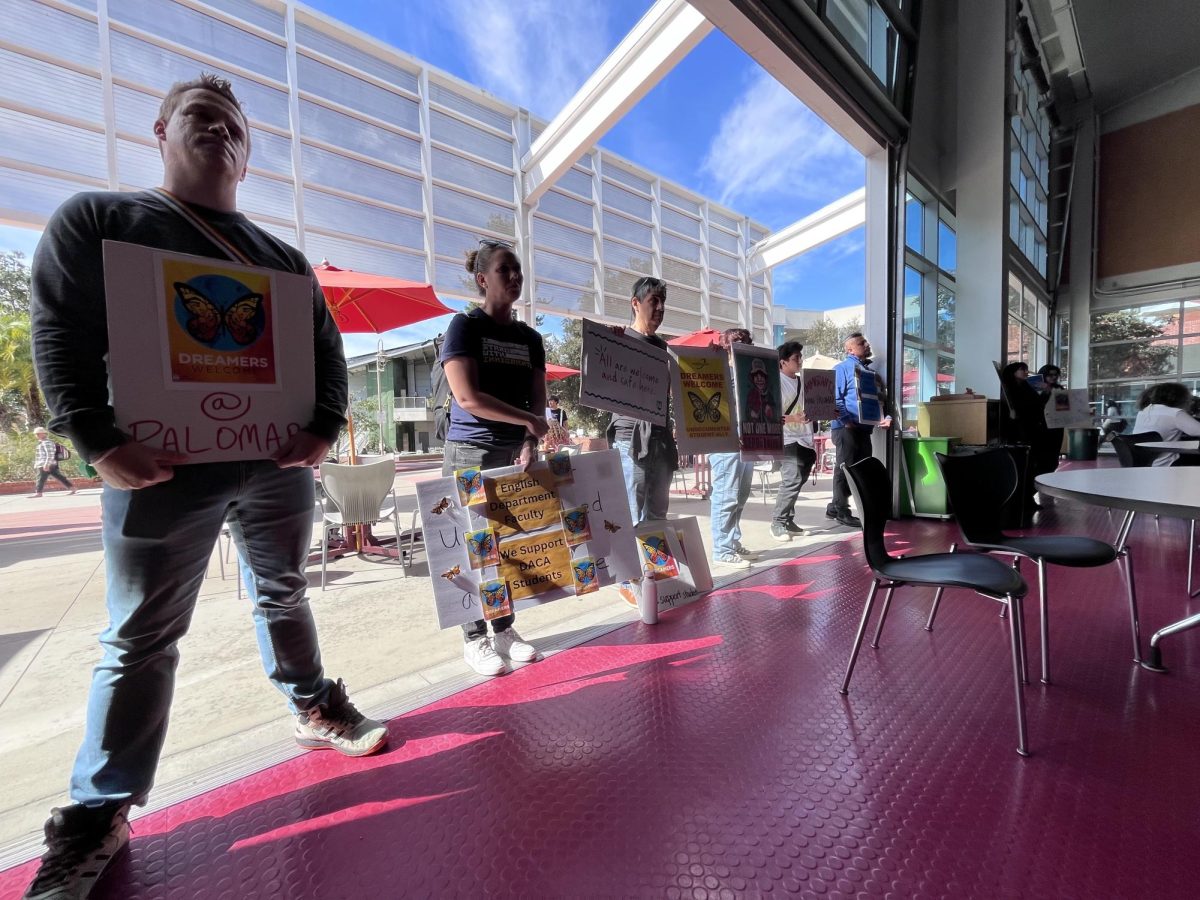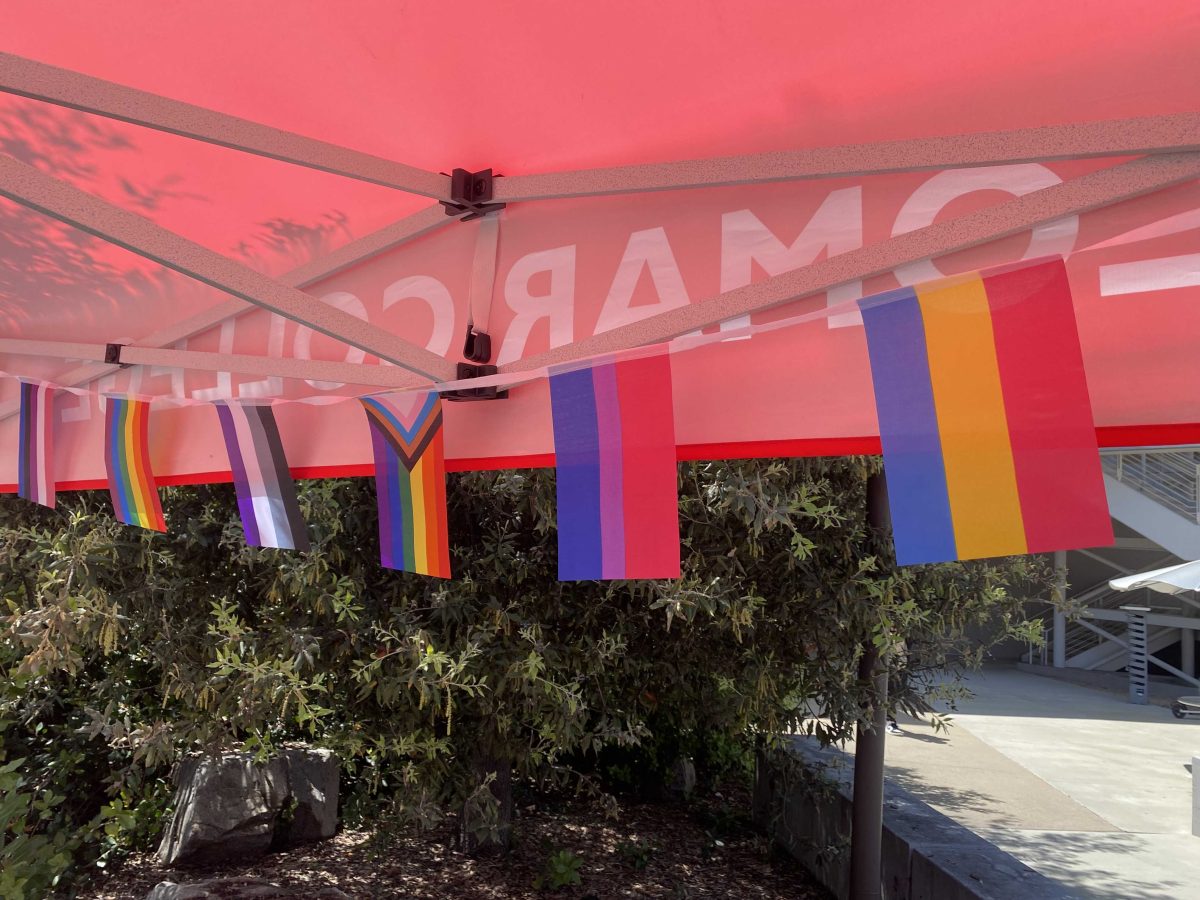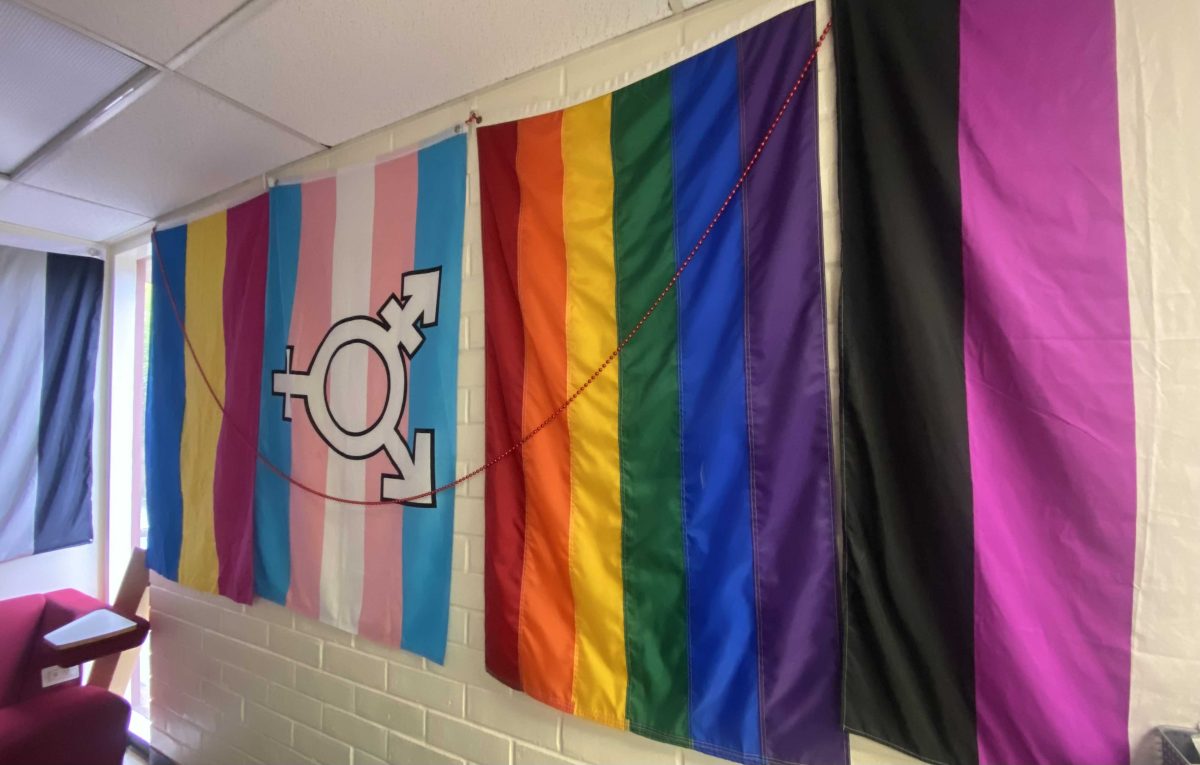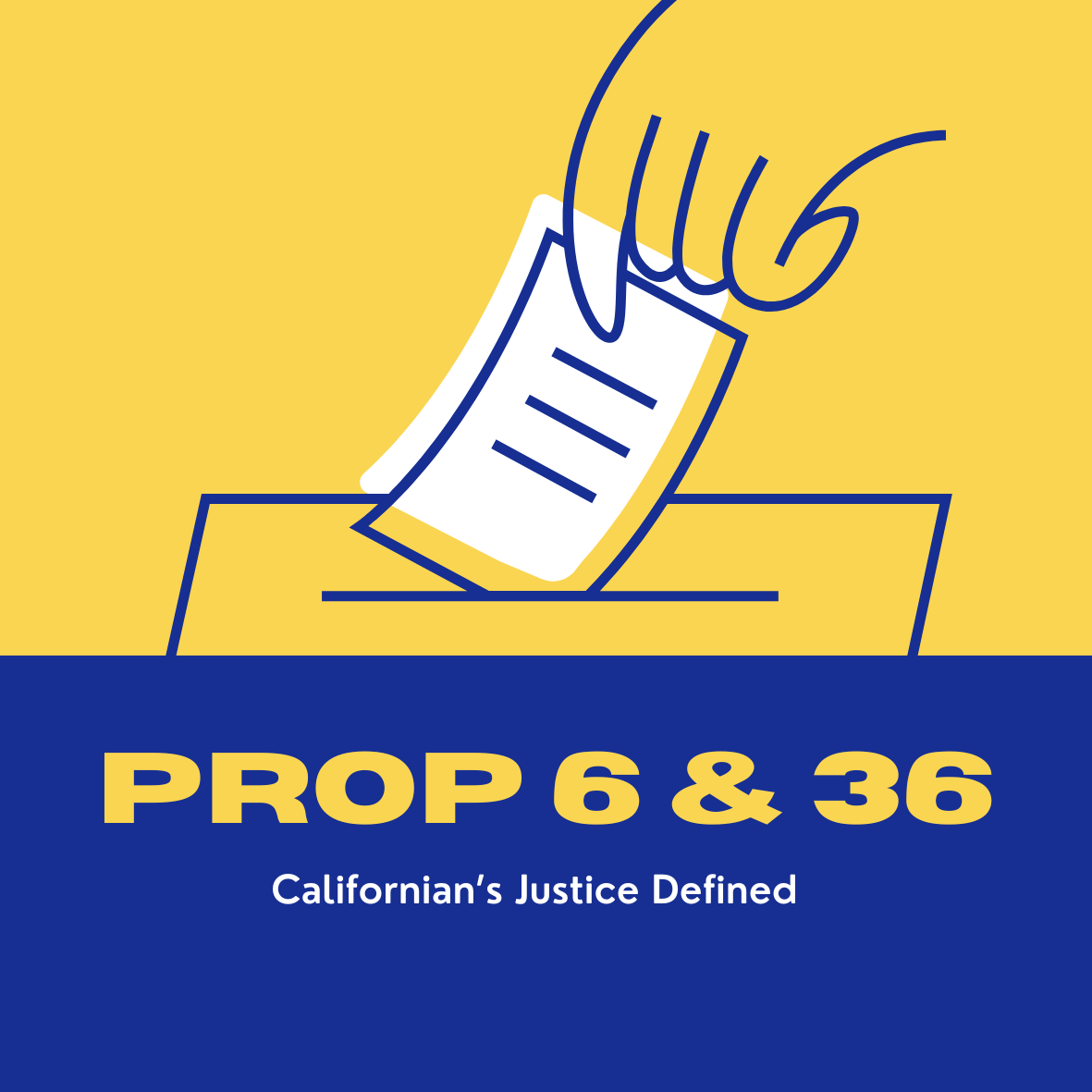A Political Economy lecture held on Oct. 14 informed students about the threats being targeted toward public higher education, and how it has become a profit deal for corporations.
Charter schools and private schools are suffering because they are being persuaded into accepting contributions from corporations, such as Pearson Publishing and the Koch Industries. When these companies donate money, there are strings attached.
Shannon Lienhart, co-president of Palomar College’s Faculty Federation highlights on the importance of having public oversight in schools.
“When you spend your tax money on education, it’s your public money as a citizen. You should know what’s happening with your public money, and how it’s being spent. You should be able to have a voice into that public entity,” Lienhart said.
David and Charles Koch are well-known for spreading their extreme wealth. They have donated millions of dollars to over 360 colleges, including a few colleges in California. UC Irvine, Grossmont College, and CSU Northridge have accepted grants from Koch Foundation Funding, she said.
Lienhart added that she is scared of the educational future since Pearson Publishing has control over what gets taught, and also who teaches it.
An article from the Washington Post published on Sept.12 of last year stated how textbooks in Texas are considered “inaccurate, biased, and politicized.”
Speakers of the lecture emphasized how diversity in schools is a necessity for future generations because of the presence of various opinions and backgrounds.
“The idea of diversity is that if you have a problem to solve just having one idea is not gonna do it. You want people that are coming in with a lot of diverse ideas, diverse perspectives to solve those problems,” said Lienhart.
Teresa Laughlin, chair of Palomar College’s Economics said she believes that public education is a way to contribute to society in a profound way. It’s a standard way to educate people, and bring them to a standard level of thinking.
“Diversity is the thought of ethnicity and religion. It is absolutely crucial to a robust critical thinking institution. Without diversity, everyone is in an echo chamber saying the same things. We don’t want to be “ditto heads,” we want to think for ourselves,” said Laughlin.
Speakers of the lecture agree that more students need to protest, think critically, and get people talking to raise awareness about educational issues.
“I think it would be great to have a student group. They are trying to bring awareness and as awareness grows, people get upset about that. Then there’s that possibility of some action to outlaw what they’re doing,” said Laughlin.
Speakers clarified that education doesn’t only offer society a better standard of living or a higher income, but also an increase in democracy and human rights.
Political Economy Days will continue with lectures from 8 a.m. to 3:30 on Oct. 15 in various locations. Visit www.palomar.edu/news/2015/10/07/political-economy-days-to-be-on-october-14-15/ for more information.

